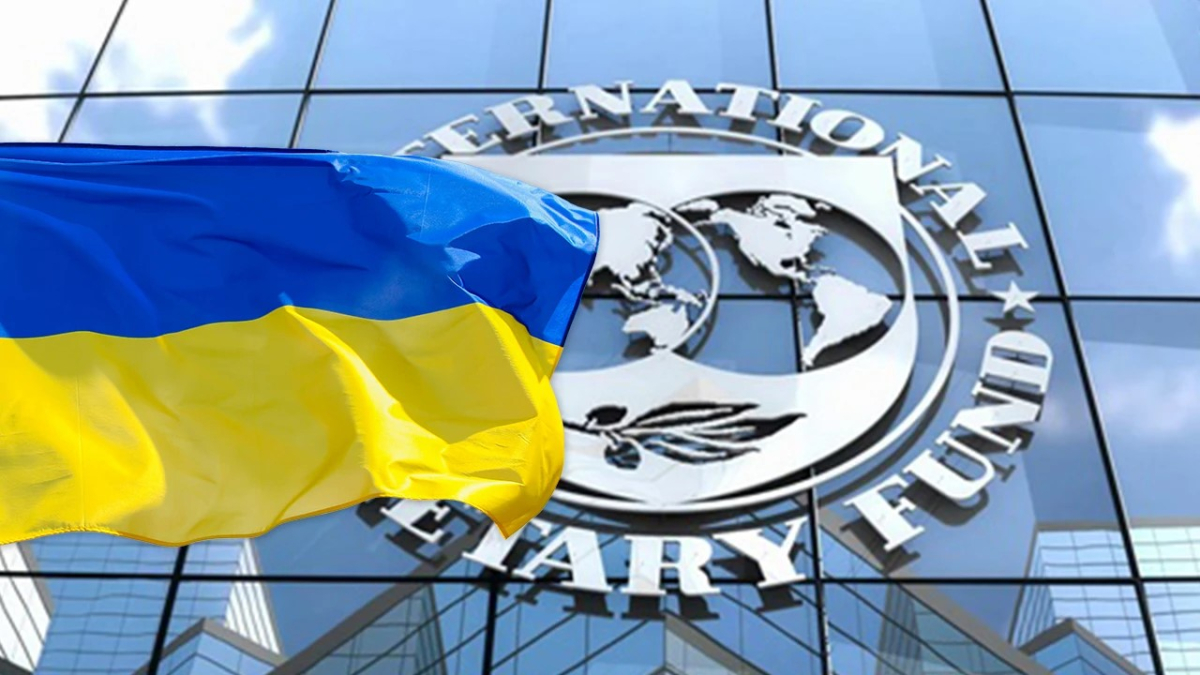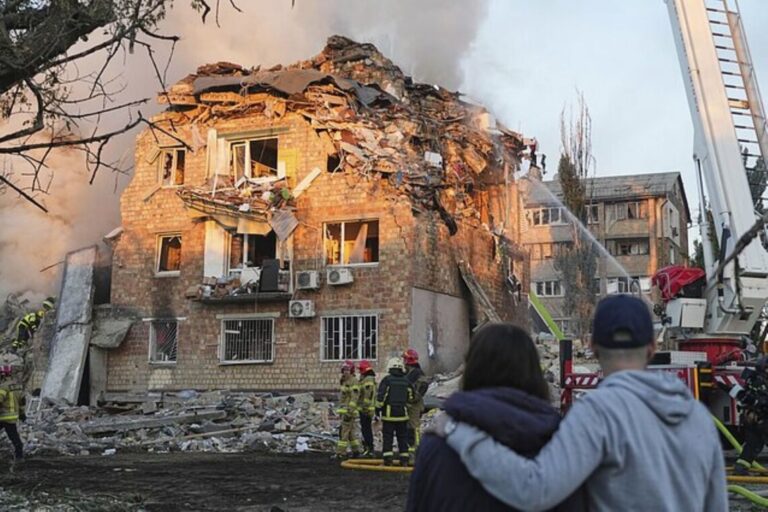
Ukraine and the IMF in 2025: Fulfilling Structural Benchmarks and the Future of a New Program
In the autumn of 2025, Ukraine reached a new stage of cooperation with the International Monetary Fund. The government officially appealed to the IMF for a new multi-year support program. The main question: will Ukraine be able to meet its commitments and receive approval from the IMF Board of Directors by the end of the year? The answer depends not only on political statements, but also on concrete results in fulfilling structural “benchmarks” key conditions aimed at securing real reforms.
Structural benchmarks are a list of clear criteria and tasks that Ukraine must fulfill within the framework of its cooperation with the IMF. Disbursement of tranches and the level of trust from international partners depend on their implementation.
As of September 2025, Ukraine had to fulfill nine such benchmarks. Their status forms the basis for the ninth review of the IMF program, scheduled for November-December.
Benchmarks Fulfilled: Progress, but Not Without Delays
As of the end of September, Ukraine had fulfilled six of the nine structural benchmarks. Two of them with a delay, and another is still in progress.
Among the key commitments met:
- New requirements for tax reporting for digital platforms. The Ukrainian government confirmed its intention to streamline the simplified taxation system and improve tax administration efficiency. The Cabinet approved a draft law at the end of April, followed by a new version of the law, which is being prepared for submission to parliament.
- Timely submission of the Budget Declaration for 2026-2028. On June 27, the government approved the document, opening the way to greater transparency and predictability in fiscal policy.
- Approval of the Single Project Portfolio for public investments. The Strategic Investment Council approved this portfolio in August, which is to become the foundation for effective management of public finances.
A special mention deserves the external audit of NABU.
The head of the Commission, Robert Westbrooks, commented on the results as follows: “We assessed NABU’s work as sufficiently effective in investigations and international cooperation. Overall, we rated NABU’s performance as moderately effective and provided recommendations to further improve its efficiency.”
Benchmarks Fulfilled with Delays: Causes and Consequences
The appointment of a new head of the Bureau of Economic Security (BEB) took place with a delay. The new head, Oleksandr Tsyvinskyi, was appointed by the government only in August 2025, though the deadline was back in February.
The independent review of NCSRFMS members was also completed with a delay, and its results remained confidential, raising concerns about transparency.
Benchmarks in Progress: Digitalization as a Key Condition
The Ministry of Finance, the State Tax Service, and the State Customs Service developed an operational plan to update the IT strategy, which should lay the groundwork for digital transformation of revenue administration and tackling tax risks.
This is a critically important step, as different IT systems currently prevent full information exchange between agencies.
Unfulfilled Benchmarks: The Greatest Risks for Further Cooperation
Two structural benchmarks remained unfulfilled by the end of September:
- Abolishing the “Lozovyi amendments” a point repeatedly emphasized by both the IMF and G7 ambassadors. The issue involves amending the Criminal Procedure Code to prevent the premature closure of high-profile cases.
- Reviewing the process for selecting and appointing members of the supervisory boards of state-owned enterprises. This is part of a broader corporate governance reform that remains incomplete due to a lack of clear procedures and transparency.
These issues remain among the main conditions for further cooperation and may be integrated into the new IMF program.
Post List
Financing and Future Conditions
As of July 2025, Ukraine had already received the ninth IMF tranche about $500 million under the current program. Preliminary assessments of external financing needs for the new four-year IMF program are $150-170 billion.
Ukraine has demonstrated tangible progress in implementing a number of key structural benchmarks, especially in tax policy, budget planning, and public investment. However, unfulfilled and postponed benchmarks signal the complexity of reforms, as well as the need for additional efforts in judicial reform and corporate governance.
Further IMF support and external financing will directly depend on the Ukrainian government’s ability to deliver on its commitments.
If the government finds the resources to complete the deferred reforms, it will be a strong signal to international partners and will help maintain the course toward economic stability even under turbulent conditions.















